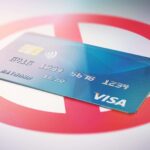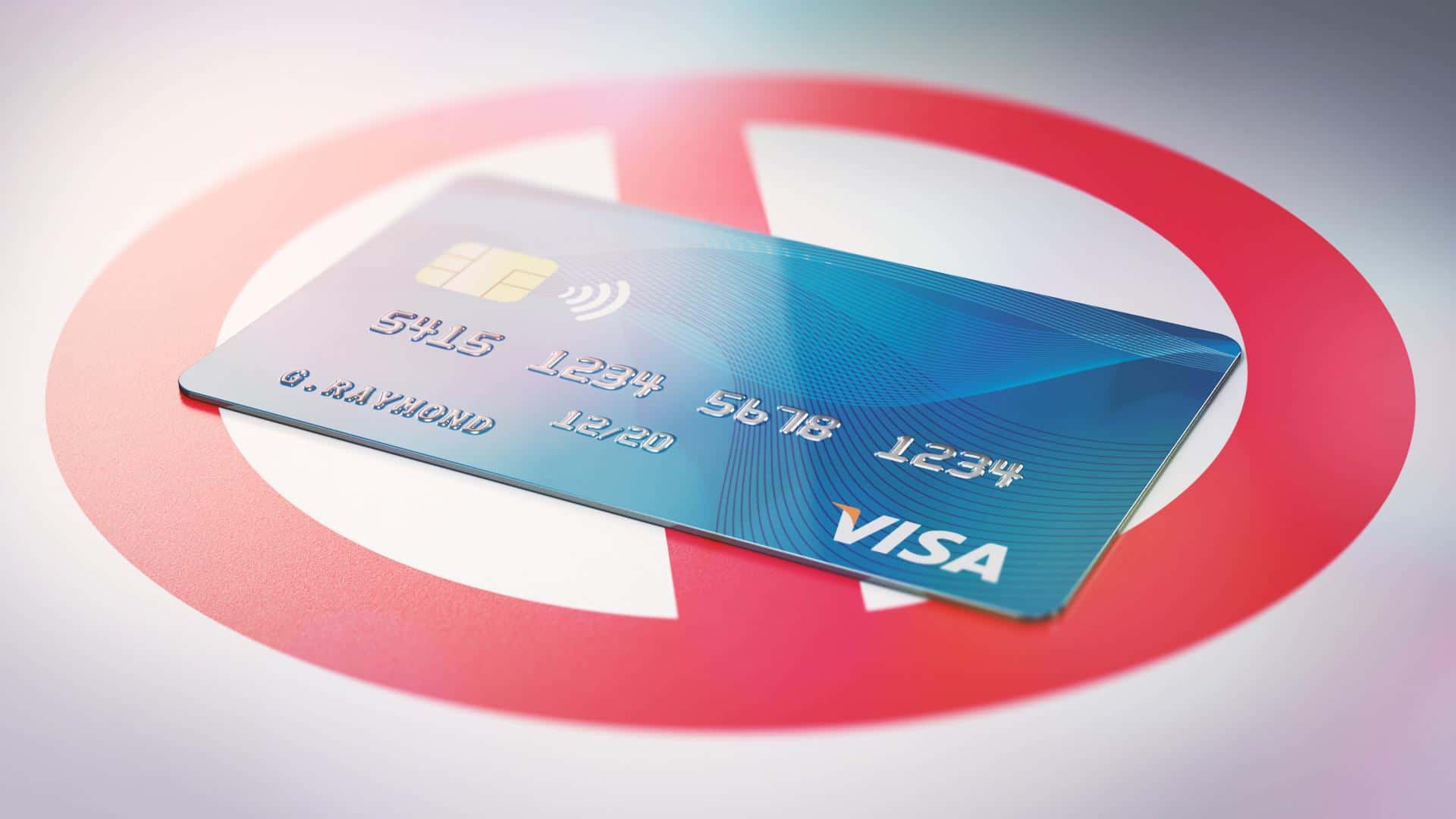If you’ve been watching the news lately, you might have seen the dangers of data breaches. Many companies end up the victim to hackers who steal databases full of customer and employee information. Read how data breaches harm credit score & how to protect yourself?
You might be wondering what in the world is going on! These companies are billion-dollar, multinational companies with millions to spend on security. Why are they getting hacked? Why are they being targeted in the first place? How are hackers doing it? Here’s some information you need to know about these hacks.
What You Must Know About Security Hacks
Companies are prime targets for fraudsters and hackers because a successful hack could potentially make a hacker millions of dollars. They could get access to millions of people’s customer files, employee files, and even sensitive information from C-suite executives.

Unfortunately, their security isn’t foolproof. They might have good technology and smart people working on keeping the environment secure. Despite this, there only needs to be one hole. One hole is all it takes to break into a seemingly secure environment.
This hole could be anything. A single line of code, a single employee with access to sensitive information, or a single file left unattended.
Since you entrust your personal information to these companies, your information could end up at risk, too!
Want to learn more about the risks of credit card fraud? Check out our article on credit card fraud!
How Data Breaches & Security Hacks Can Harm Your Credit
There are countless dangers that these hacks present. You could have money stolen from you, you could be impersonated, and you could even have your credit damaged as a result.
But how?
Your Credit Card Could Be Stolen
Several companies store credit card info on their servers. When you purchase from them online, your credit card information is sent to them so they can process it.
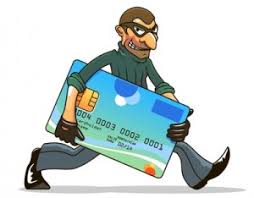
But if that company gets hacked, your credit card info could be stolen as well. Often these credit card numbers are sold to the highest bidder: especially if they’re still active!
If your info has been stolen, a fraudster could rack up a huge bill without you knowing until the next statement date. By that time, it might already be too late!
This could hurt your credit because if you run up too large of a balance, it increases your utilization ratio. This is a big part of your credit score, and you want your utilization ratio to be as low as possible on an active card!
Your Personal Information Could Be Used
Many websites require that you provide your name, date of birth, phone number, and some even require your social. All of this information combined could be used by a fraudster to essentially pretend to be you anywhere they go!
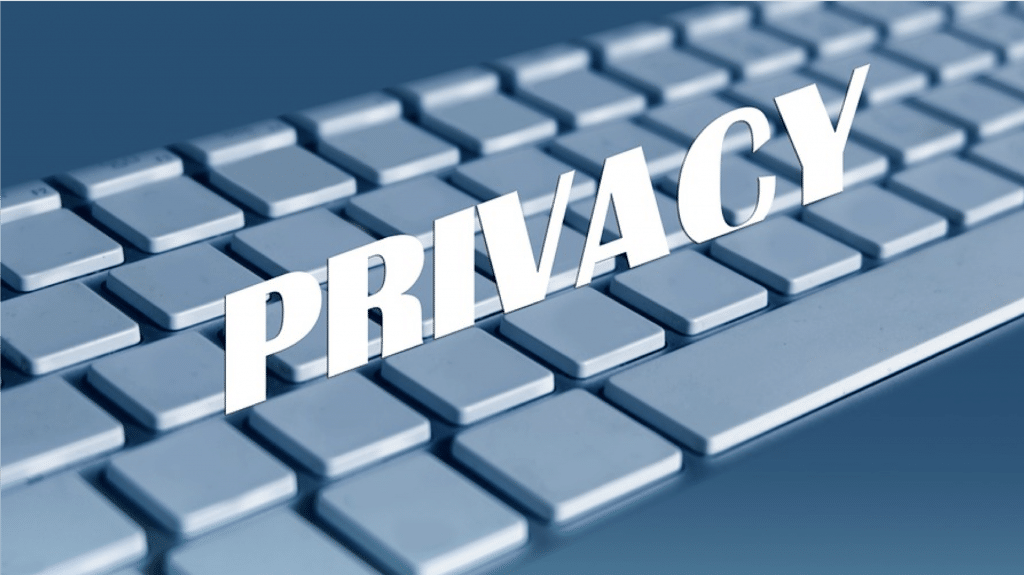
This information is enough to take out loans in your name, completely without your notice. They might take a giant loan and not pay the bill. By the time you discover this, your credit will have been damaged!
Some personal information can be used in order to break into other accounts by way of password reset features. However, hackers can usually take a more direct route to your accounts.
Your Passwords Might Be Taken
A data breach will usually contain info used to log into that site: basically, a username, email, and a password. That’s usually the minimum they will get.
Even if a site that you give NO PERSONAL INFO to gets hacked, you could still be in danger. Why?
They have a password.
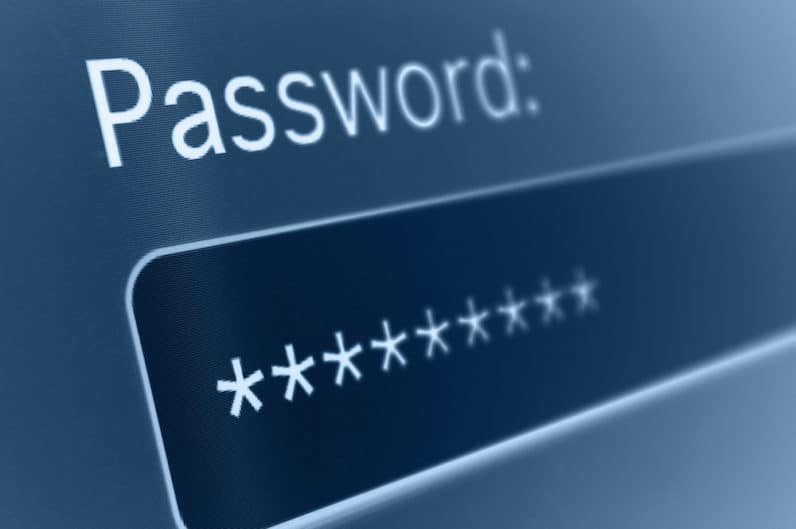
If you use the same passwords for everything, then all they have to do is run a search for your email and then log into an account of yours.
This could include banking accounts, online loan accounts, and even government websites. Who knows what kind of untold damage they could do to your credit!
If you don’t use the same password for everything, you are much less vulnerable.
How Do You Protect Yourself From Data Breaches?
There’s four things that you can do RIGHT NOW to protect you and your credit from most of the effects of data breaches.

- Use secure websites: Websites that start with https:// and/or have a little lock symbol next to the website name are classified as secure. This doesn’t mean they’re immune to data breaches, but it does mean that your information is much less likely to be intercepted.
- Use different passwords for EVERYTHING: Every account you have should have a different password: the more different, the better. It’s generally unrealistic to expect people to memorize every single password for every single account, though. You can write passwords down in a secure book, or you can use a password manager for your web browser. Programs like Lastpass and KeePass are excellent for keeping your passwords different and secure in your computer.
- Change these passwords regularly: If a data breach happens, and someone gets your password, they can log into it. But if you change the password before the person logs in, then they can’t log in without the new password!
- Freeze your credit accounts: You can’t protect companies from getting their information stolen, but you can protect the effect that this kind of thing has on your credit.
Want to learn more about identity fraud and how it can affect your credit? Check out this article!
I’m A Victim Of A Data Breach. What Can I Do?
If you’ve been a victim of a data breach, the first thing you need to do is freeze your credit. As mentioned before, freezing your credit will prevent any additional damage done to your credit by preventing people from taking out loans in your name.
However, any existing damage will still remain on your credit report. In this case, you can file a dispute with the credit bureaus.
This can be a long, arduous process. You want the pros on your side, and you want to spend as little time on it as possible.
Luckily, The Credit Pros has your back.
We’re a team of credit repair experts that will help you get your financial life back on track after a data breach, identity theft, errors made by credit bureaus, or simply due to financial mistakes.
If you want to learn about how we can help you file a dispute with the credit bureaus and repair your credit, call 1-800-411-3050 now. The call is free and it could help you get years of your life back.
Call now!
